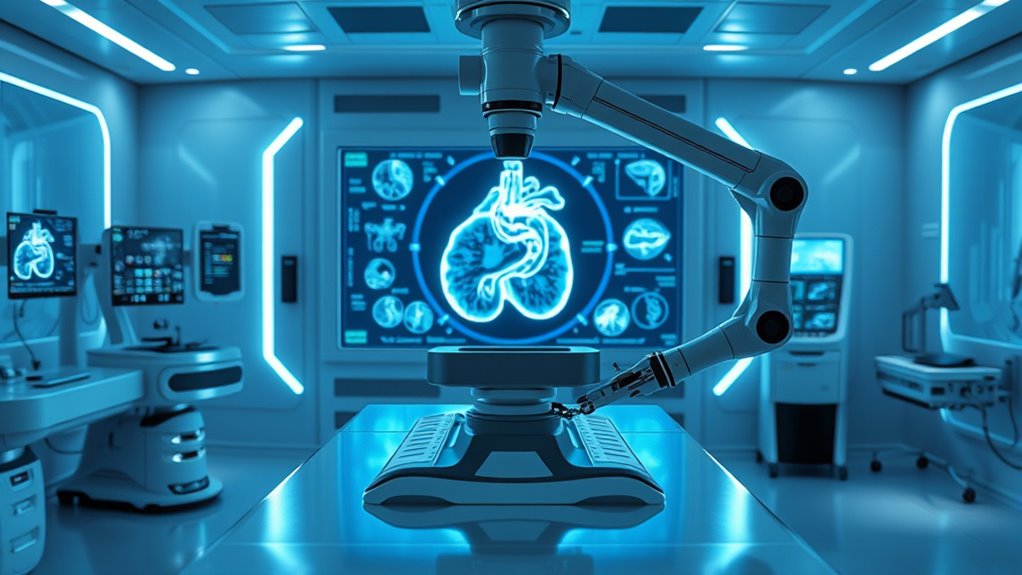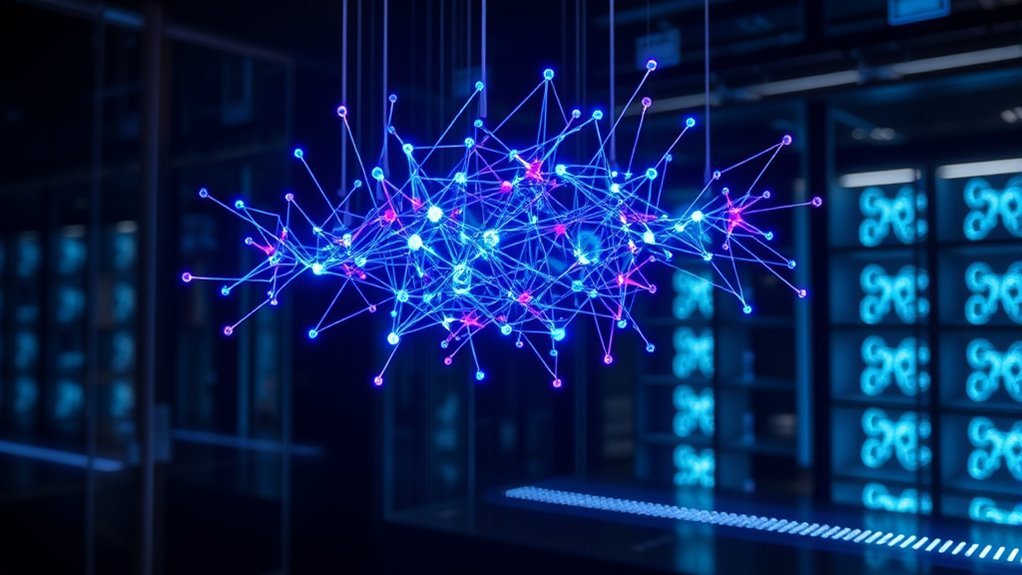Although technology is advancing rapidly, Artificial Intelligence, or AI, is making a big splash in the world of medical diagnosis. It’s changing how doctors figure out what’s wrong with patients. AI uses smart computer programs to look at tons of health data. These programs, called machine learning algorithms, spot patterns that help doctors understand a patient’s condition. Other tools, like deep learning, make it easier to see details in X-rays or scans, boosting how accurate diagnoses can be.
AI isn’t just about looking at pictures. It also uses something called natural language processing to read medical records and pull out important info about a patient. Plus, it can predict how a disease might get worse or how well a treatment might work by studying past cases. Some AI even learns from real hospital situations, getting better over time. Studies show AI can be right over 90% of the time for certain illnesses, cutting down on mistakes humans might make.
AI reads medical records, predicts disease progression, and learns from real cases, achieving over 90% accuracy for some illnesses.
Another big deal with AI is catching problems early. It can spot tiny signs of diseases, like cancer, before symptoms even show up. This early warning helps doctors act fast, which can save lives. AI tools keep an eye on patients all the time, alerting doctors to new issues right away. This means less chance of a condition getting worse before it’s treated. Additionally, AI-powered Clinical Decision Support Systems provide real-time assistance to healthcare professionals during diagnosis.
AI also makes medicine more personal. It looks at a person’s genes, lifestyle, and health history to suggest the best treatment. This tailored approach can help patients stick to their plans and feel better about their care. Moreover, AI can enhance wound management by analyzing images to predict healing outcomes with high accuracy.
On top of that, AI speeds things up in hospitals. It quickly processes test results, so doctors can make decisions faster. This cuts down wait times for patients and lets healthcare workers focus more on caring for people. Furthermore, AI’s ability to analyze vast datasets supports precision medicine by customizing treatment plans based on individual patient data.
Still, there’re challenges. Protecting patient info is a big worry since AI needs lots of data. Also, making sure AI works well in different places and stays up-to-date with new medical info isn’t easy.
Despite these hurdles, AI’s role in diagnosis keeps growing, promising a future of better healthcare.









